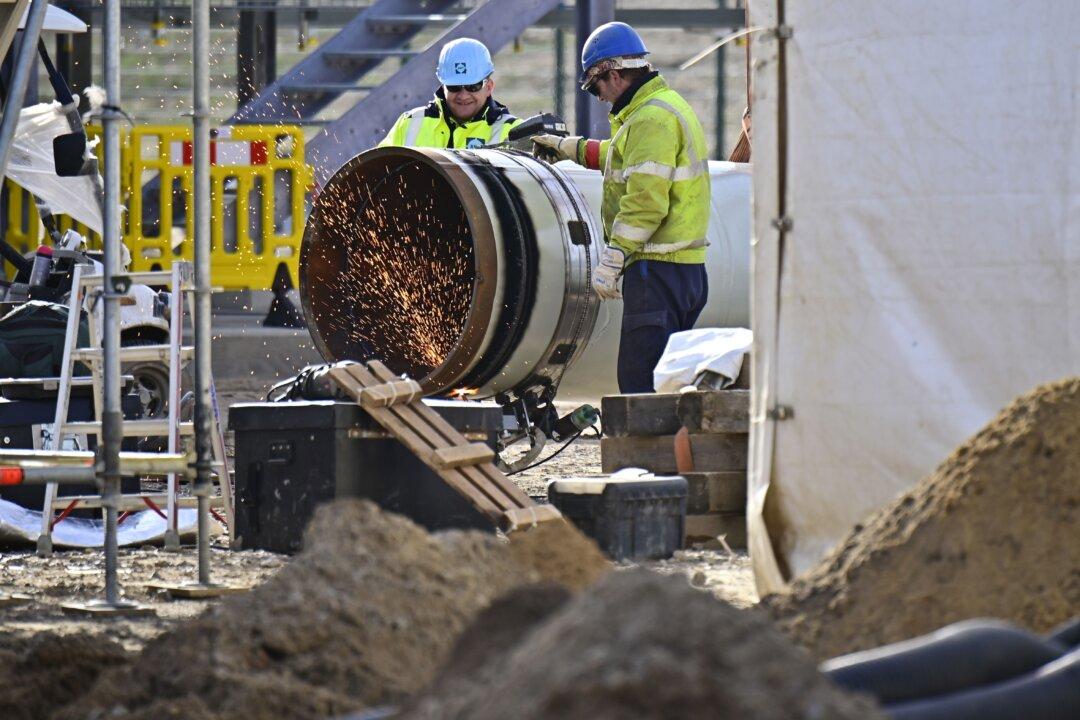The Russian invasion of Ukraine is a lesson to Australian leaders on the need for energy independence and should spark the development of its nuclear energy industry, according to Australian Senate candidate Campbell Newman.
The former Queensland premier and now-candidate for the Liberal Democrats was also critical of tech billionaire and green activist Mike Cannon-Brookes’ attempts to continue calling for more renewable technology as a means to shore up Australia’s energy sovereignty.





